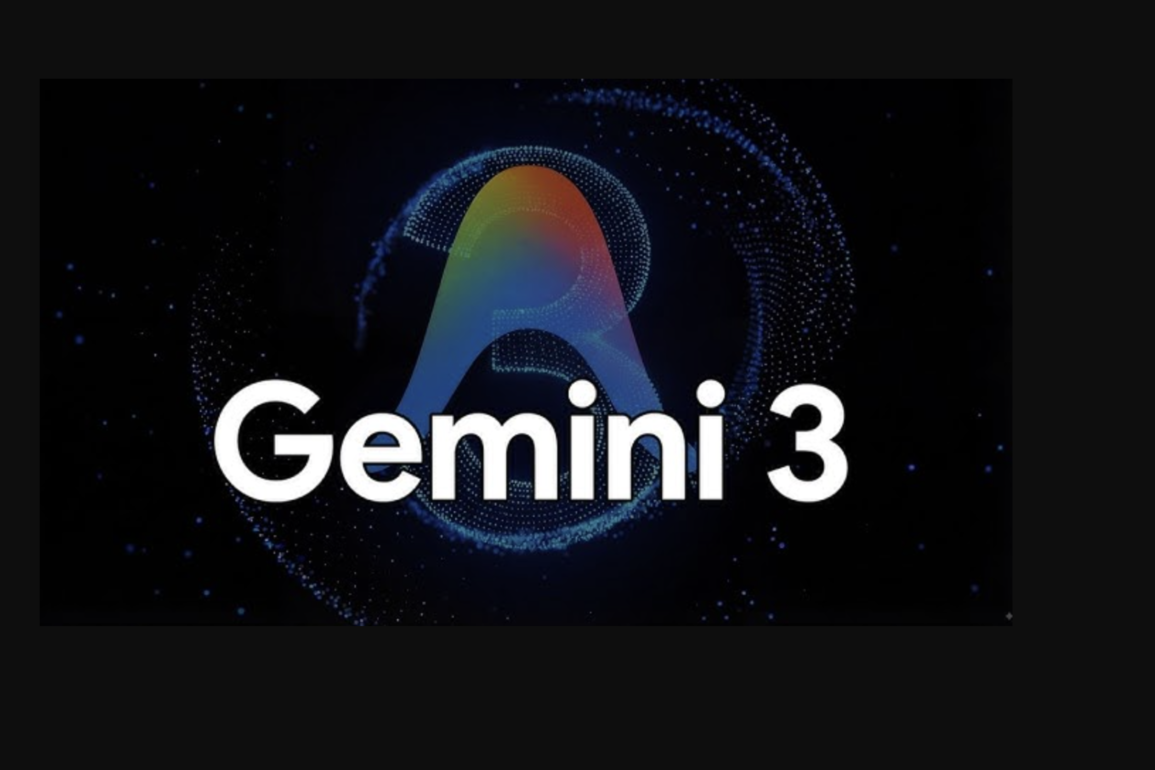Google introduced Gemini 3 on Wednesday, describing it as its most advanced artificial intelligence model and the beginning of a new era of agentic AI for Kenya and the wider continent.
The company says the model brings state of the art reasoning, deeper contextual understanding, and new capabilities that allow AI systems to take initiative, plan tasks, and perform actions across Google products.
“In this new chapter, we’ll continue to push the frontiers of intelligence, agents, and personalisation,” said Sundar Pichai, CEO of Google and Alphabet. The timing is notable for Kenya, which has cultivated a reputation as a regional technology hub.
Interest in AI is rising quickly. Google Search trends show Kenyan curiosity about AI has grown by 150 percent in the past year, while searches for “AI jobs” have tripled, a sign of how strongly the country is looking to link the technology to skills and economic opportunity.
At the center of this shift is the Gemini 3 model itself. Gemini 3 Pro, the first release in the new lineup, is built to interpret complexity with a level of nuance that Google says was not possible before.
The model shows PhD level reasoning and sets new benchmarks across major evaluations, including a score of 91.9 percent on the GPQA Diamond reasoning test. Its ability to understand video, images, and even handwritten text forms the base of new interactive experiences rolling out across Google products.
Beyond benchmark scores, Google says Gemini 3 Pro is designed to provide clearer, more insightful responses that feel less like stock phrasing and more like a genuine collaborator.
The model supports what engineers call vibe coding, allowing developers to describe an idea in natural language and have the system translate it into functioning code. Its new agentic features allow it to understand intent more accurately, plan multi step tasks, and reduce the amount of prompting needed to complete a task.
These capabilities are already reshaping Google Search. A new AI Mode integrates Gemini 3 from the outset, turning Search from a static information tool into something that resembles an interactive tutor. For a physics query, the system can generate a visual simulation of the three body problem. A user researching home financing can receive a custom loan calculator built directly into the results page.
The experience extends into the Gemini app, where a new personal agent becomes capable of acting across connected Google apps. For subscribers to Google AI Ultra, an experimental agent can complete multi step tasks such as organising an inbox, prioritising to dos, or drafting replies.
A request like “Help me book a mid-size SUV for my trip” allows the agent to locate flight information from email, compare rental listings, and prepare the booking while ensuring the user maintains control of the final decision.
To support developers building similar experiences, Google unveiled Google Antigravity, a new agentic development platform. Antigravity is designed to move AI beyond the role of a coding helper and into something closer to an autonomous software collaborator.
It can plan and execute complex engineering tasks, fix bugs, and construct new features. Google describes it as mission control for coordinating multiple agents, with systems that provide visibility, validation, and context so developers can monitor and trust the results.
The company says Gemini 3 has undergone its most extensive safety testing so far. Gemini 3 Pro is available immediately in the Gemini app and to Google AI Pro and Ultra subscribers using AI Mode in Search.




